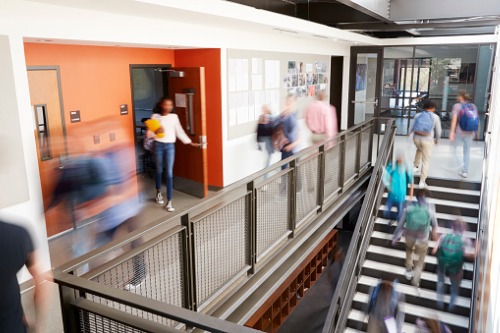
Hundreds of experts from across the higher education landscape recently converged at a conference to put the spotlight on the topic of equity in Australia’s higher education sector.
The biennial Enabling Excellence Through Equity Conference – run by Equity Practitioners in Higher Education in Australasia (EPHEA) and the National Association of Enabling Educators in Australia – coincided with World Access to Higher Education Day, a global event that showcases the work underway to address inequality in higher education.
Presentations were given on topics such as the impact of university outreach programs, careers advice for low socioeconomic students, helping students from Aboriginal and Torres Strait Island backgrounds to thrive, and addressing the generational divide in education.
Professor Joe Chicharo OM, Senior Deputy Vice-Chancellor at UOW, said the event was an opportunity to shine a light on the “incredible work” UOW and other universities are doing to help students to achieve their potential through tertiary education.
“Education is not a privilege, it is a right, and at UOW, we are committed to ensuring students from all backgrounds have the right to access an outstanding education that will enable them to go far in life,” Professor Chicharo said.
“There is no one path to higher education. Every student and every journey is different.”
Professor Sally Kift, Principal Fellow of the Higher Education Academy, delivered keynote addresses during the three-day conference, alongside Professor Peter Crampton from the University of Otago, and Sonja Braidner, from NSW Fire and Rescue.
At the conference, Professor Sarah O’Shea, based in UOW’s School of Education, was awarded a lifetime achievement award for her significant contribution to equity in Universities and TAFE.
"I feel every privileged. It is an enormous recognition that EPHEA has bestowed on me," the Illawarra Mercury quoted Professor O'Shea as saying.
"My work spans many diverse student groups, including students who are from low socio-economic backgrounds, Aboriginal Torres Strait islander students and students from rural regional areas.”


